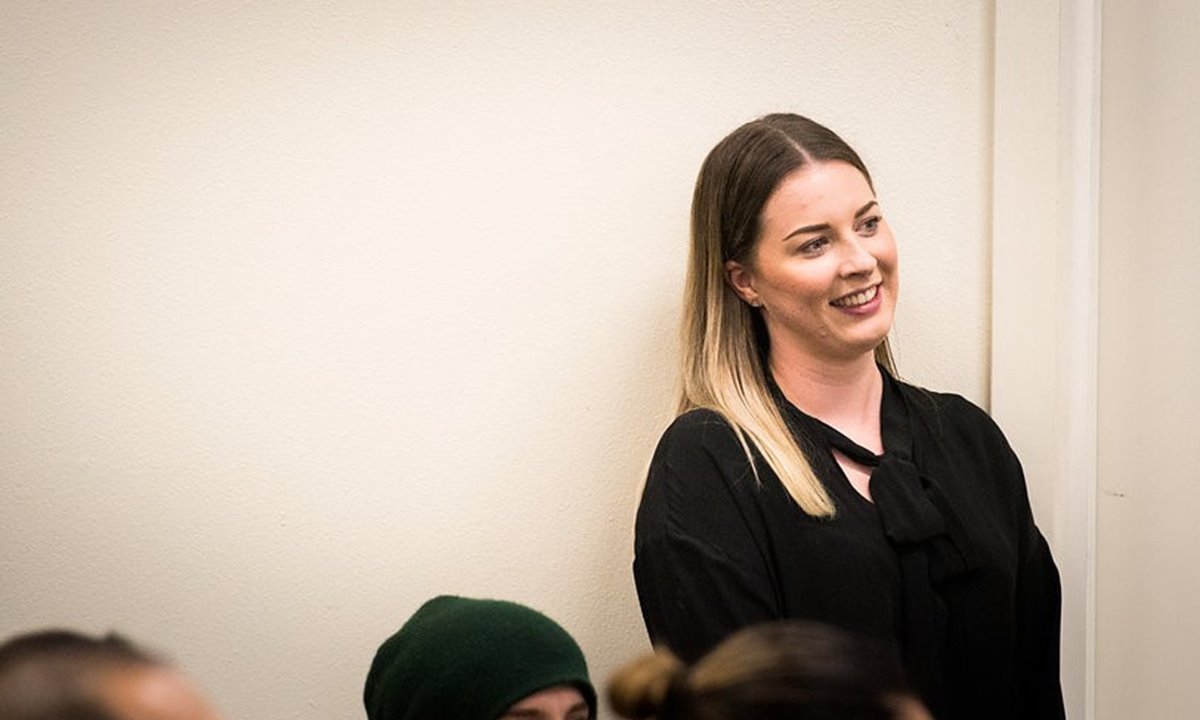Waikato millennials are gearing up to launch a regional resource to tackle the mental health crisis, set to be released later this year.
The first-of-its-kind locally, the interactive resource will highlight where young people can find a variety of support services, and offer opportunities for enhancing overall well-being.
It comes about from the desperate need for creative solutions in response to New Zealand’s current mental health crisis. With 20 young people being hospitalised for self-harm and two committing suicide each week, New Zealand’s horrifying suicide statistics are not only the highest on record to date, but also the worst out of 41 OECD nations.
“Seed Waikato has young people regularly reaching out and asking where to get support for their mental health. We don’t have the answers, so we decided to do something about it,” said Gemma Major (pictured), co-founder and chair of Seed Waikato, the organisation spearheading the resource.
“We, the young people of Aotearoa, are part of the problem, which too means we are part of the solution. We believe young people have the power to change stuff, and our role with Seed Waikato is to empower this to happen.”
The idea for a local resource emerged from Seed Waikato’s Mental Health and Addiction Kōrero held in July 2018, where 120 young people came together to form a submission for the Government Inquiry into Mental Health and Addiction.
One of the ideas that gained traction with the 11 millennial groups that collaborated together on the submission was a regional resource aimed at supporting millennials in a holistic way to improve their well-being harnessing Te Whare Tapa Whā model.
With 16% of the Waikato, and 23% of Hamilton City aged 18-30, the community is deeply affected by the crisis.
Hamilton Mayor Andrew King has lobbied government for a drug court to come to Hamilton to provide better outcomes for those who stuck in the cycle of addiction.
“As a city and as country we must support those who are vulnerable, assisting them to get the help they need, whether it is treatment for addiction or simply being there to listen, the need for mental health support is growing. Positive people fuel a positive city which allows us to grow,” King said.
Te Waka is the region's economic development agency, and at their launch in August 2018, Seed Waikato spoke about the challenges and opportunities of millennials in the Waikato to regional business leaders.
Te Waka chief executive Michael Bassett-Foss said the most important thing in region is the people.
“We need our young people to be stepping up to help shape our future. They play a vital part in our economy and they need to be mentally and physically fit to do that. The survey is a great initiative. It helps grow awareness of the problem and builds information to support future work in this area.”



.jpg?sfvrsn=14164ce5_1&mode=crop&width=770&height=462&format=jpeg&quality=85)
.jpg?sfvrsn=414c0434_1&mode=crop&width=770&height=462&format=jpeg&quality=85)
.png?sfvrsn=16db4cf2_1&mode=crop&width=770&height=462&format=jpeg&quality=85)